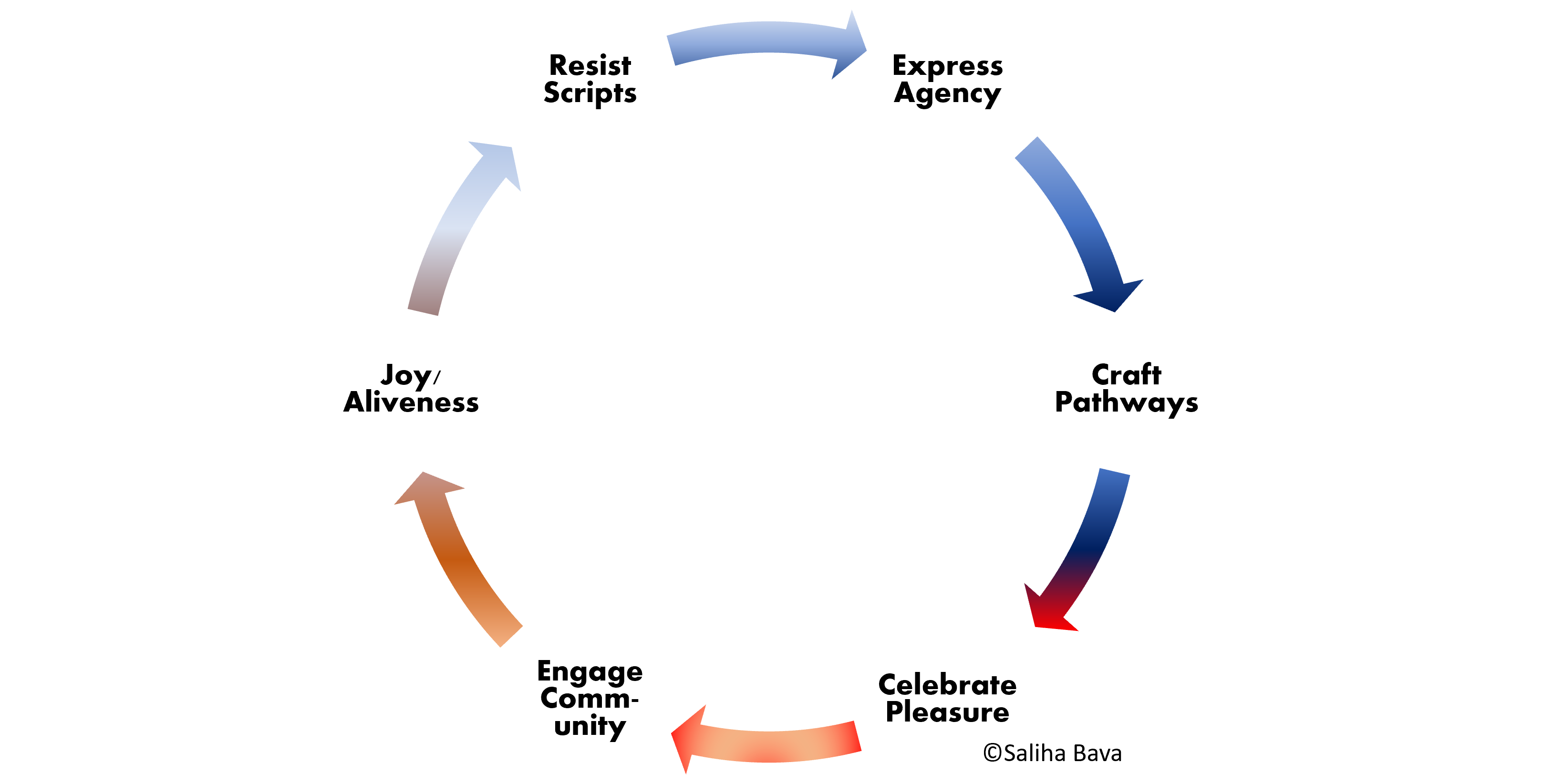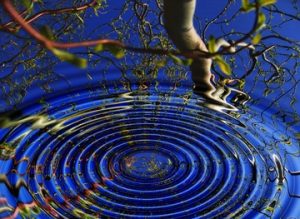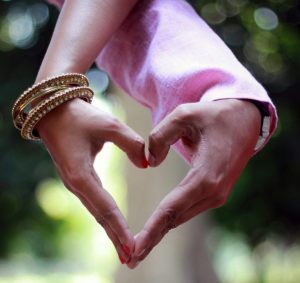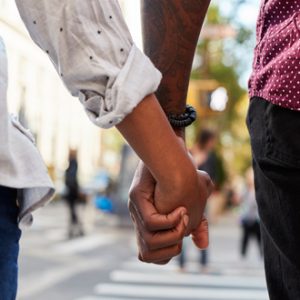I recently co-hosted a session with my colleague Jerry Gale titled “Training for Relational Engagement: Playing with Frames.” At the end of the session, one of the participants stated, “I’m wondering how play and social justice are linked?” I loved the question! It spoke to our positionalities. My first thought was it depends on how one thinks of play. I view play as the experimental process of relating by which we create what emerges as familial, organizational, or communal culture. Play is performative. Play is the relationally creative process of trial and error by which we co-create (Bava, 2018).
From my positionality of navigating cultures and spaces, I have had to “play” to keep on going. This has taught me that play and social justice are inherently interlinked. It’s in MLK’s words that I sign off each email with, as a reminder of liberation:
Human salvation lies in the hands of the creatively maladjusted
Rev. Martin Luther King, Jr.
How do we make social justice the most pleasurable human experience? How can we awaken within ourselves desires that make it impossible to settle for anything less than a fulfilling life?
adrienne maree brown, 2019
In our workshop, we were focused on the relational nature of play and improvisation. One of the key aspects of play is the sense of feeling alive and joy. This arises from the engagement with the other but also from the presence and attention to what is emerging; the invitation to co-create that which is arising. And one of the key resistances in the face of injustices is how to not let it steal our joy for living.
How do we stay alive when forces push us down? How do we strive for liberation?
Creativity is at the heart of liberation. Not only is it the source for resisting oppression, but it is also key to not letting the system of domination kill our joy. Our sense for pleasure. Our sense for living.
Patrisse Cullors, co-founder of Black Lives Matter, stated
“Black folks are still here. . . . It takes a level of creativity and genius to still be alive when something continues to try to kill you”
Lehrer, 2017
The aliveness refers to more than survival. For me, aliveness is about our liberation, a challenge to oppression. It is a creative act to go on when we are pushed down and have to rise again. To keep on keeping especially when we can’t see the light at the end of the tunnel and feel our insides twisting, how do we keep on?
One of the pathways is to not let our joy be stolen or crushed. To resist is to play. Resistance takes different forms. Each person gets to define it in the way that works for them. From something as small as how you dress or color your hair to what you do with your life (career pathways) to the way you choose to become the parent or partner at work. It is playing at not getting scripted by the discourse of dominance. It is to say “I will dance to my own tune.” It is to say I’m carving a different path. It is to say I love the difference I am. It is to take pleasure in one’s way of being.
New York Times bestseller author adrienne maree brown speaks of aliveness resistance as pleasure activism. It is a form of mindful intentional practice. To be alive is to feel. To feel not only pain but also pleasure. To focus on pleasure, joy, and passion is to resist the domination system from narrowing our focus to only pain. To be in such a play is not scripted.
This Summer I ran a series of facilitated spaces called Joyful Justice. We were exploring how do we lean into the everyday injustices, not with a sense of burden that the systems heap on us but with a sense of exhilaration to be alive and connecting in the face of what a system of domination strives for–splitting, doubt, silencing and fatigue. It’s hard to keep going on your own when facing a bully. Yet, it is that down energy that is a call for joy. It is a call for connection since joy emerges from active participation, from engagement. Joy is breaking out of the script that you have to go at it alone!
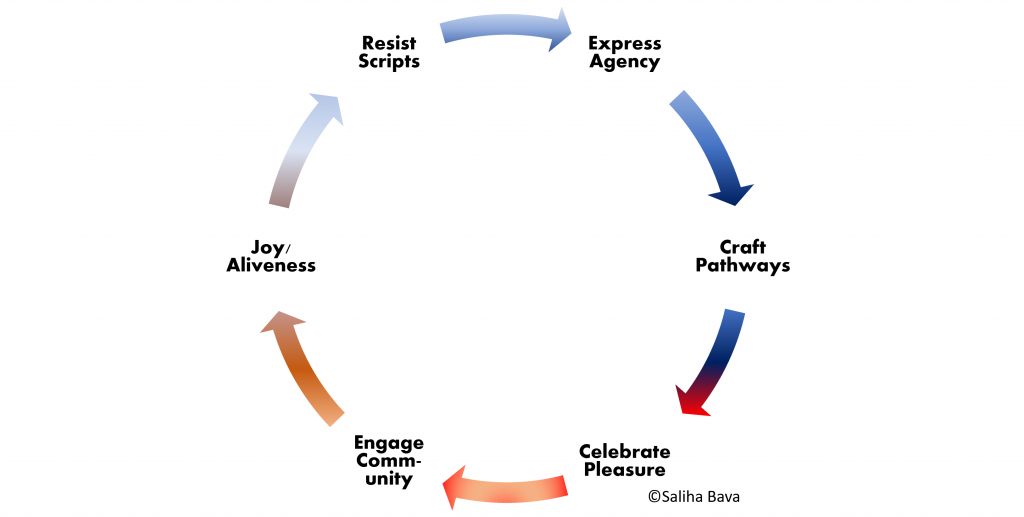
When we are together, the joy and confidence we grow from the sense of connection and community open up the space for what Alfonso Montuori, Professor of Transformative Studies, identifies as relational and social creativity. It’s in the collective, in connection with others we find ourselves feeling alive. It’s in these relational spaces we can jam and juggle ideas and find support for ways to go on, which might be much harder to bear alone. Such shared spaces thus become spaces of not only support but also engagement and agency for transformation. It’s what bell hooks refers to as growing our “imagination into future of agency.”
Imagination is a play of liberation.
Connection counters divisiveness.
Joy resists domination.
